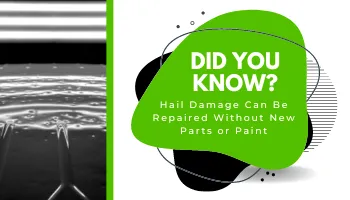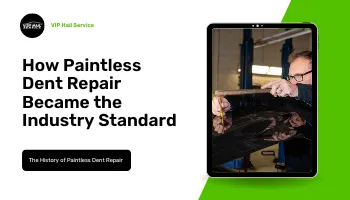A Guide for Custom Home Building
Choosing the Best Roofing Material for Your Virginia Home
When it comes to roofing your home in Virginia, picking the right material is crucial. Your roof needs to handle the region's varied climate, from hot summers to snowy winters. The right roofing material can protect your home, enhance its look, and even save you money in the long run. In this article, we’ll explore common roofing materials, their strengths and weaknesses, and how they compare in terms of value.
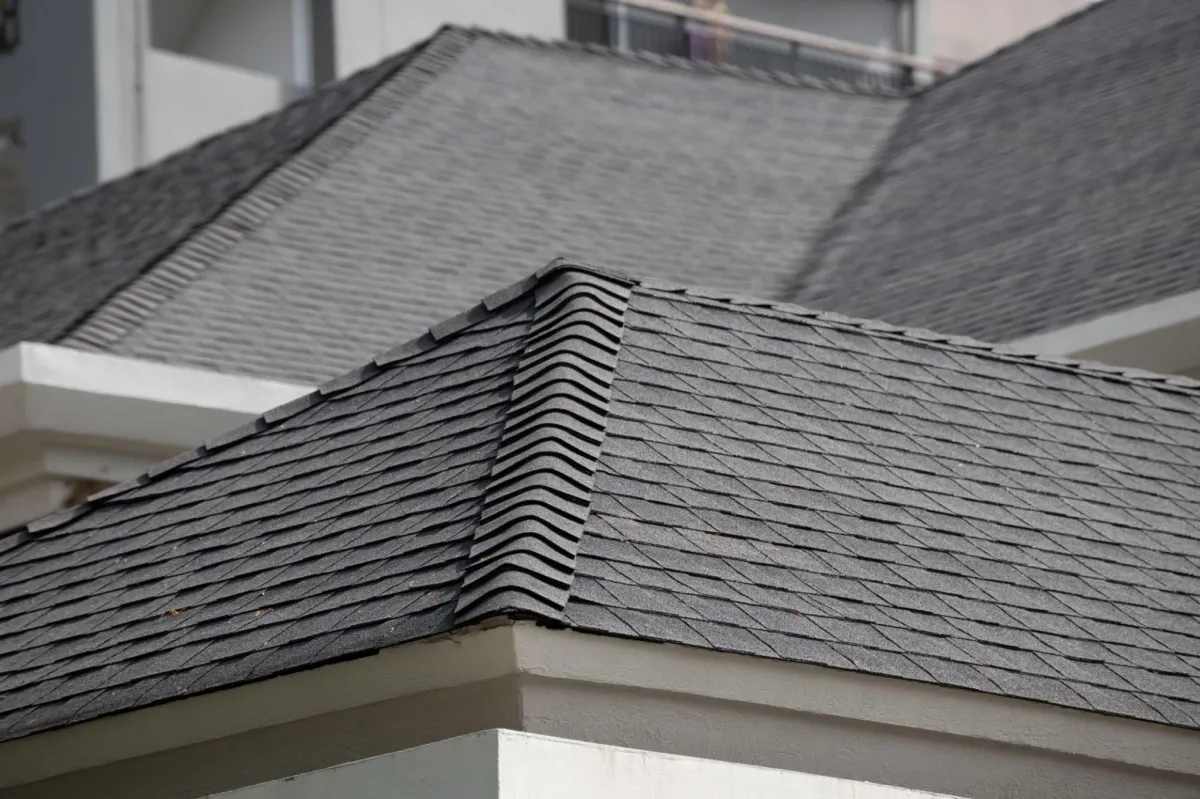
Why Does the Right Roofing Material Matter?
Your roof does more than keep the rain out. It plays a big role in your home’s insulation, curb appeal, and overall durability. With southwest Virginia’s mix of weather, your roof needs to handle heat, humidity, cold snaps, and occasional storms. Choosing the right material means balancing style, performance, and cost.
Types of Roofing Materials
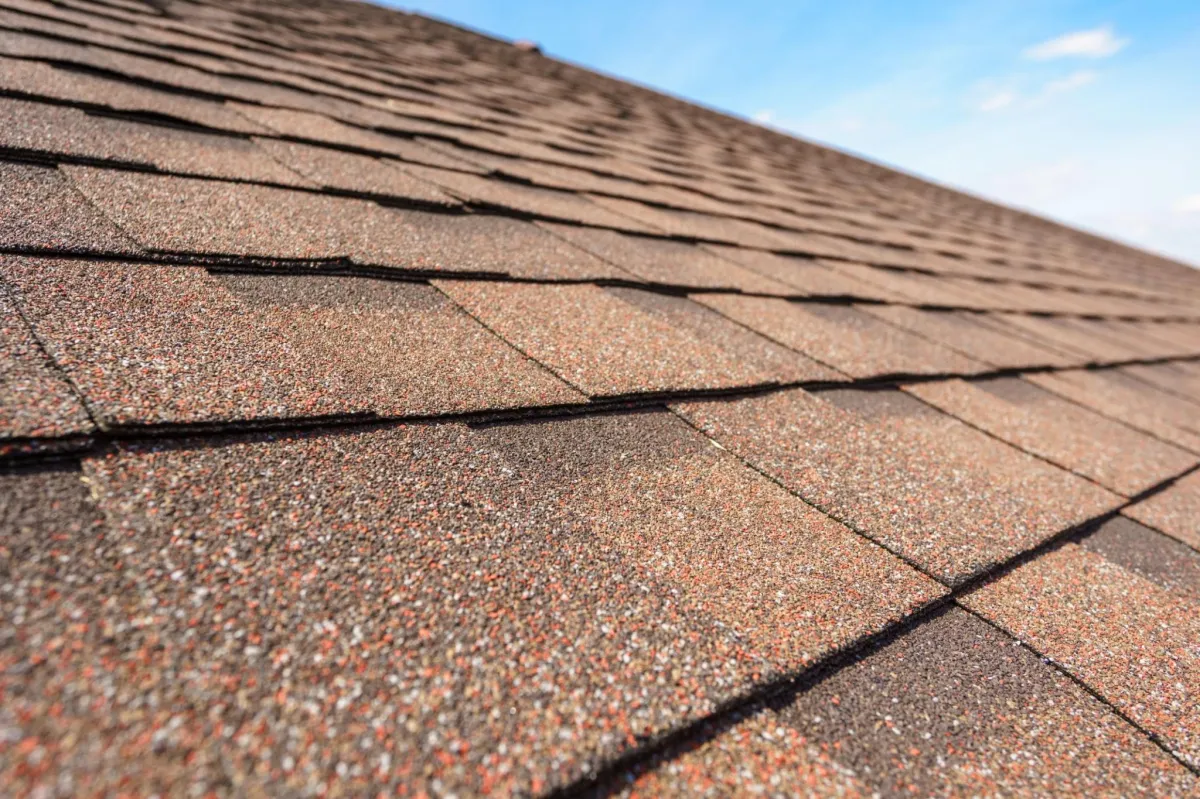
Asphalt Shingles
Asphalt shingles are the most popular roofing material in Virginia—and for good reason. They’re affordable, widely available, and easy to install.
Strengths:
•Cost-effective.
•Available in a variety of colors and styles.
•Relatively easy to repair.
Weaknesses:
•Shorter lifespan compared to other materials (20–30 years).
•Can be prone to damage from high winds and heavy hail.
Best For: Budget-conscious homeowners and those seeking a quick installation
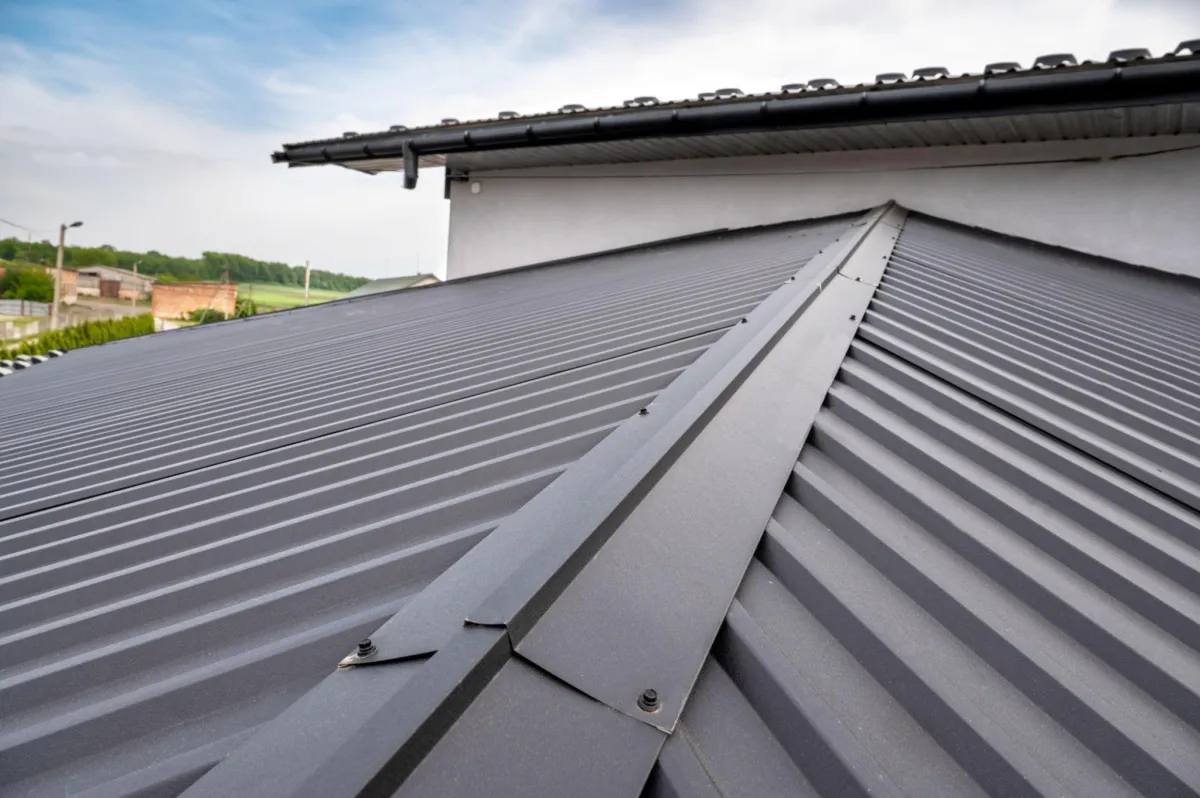
Metal Roofing
Metal roofs are becoming increasingly popular thanks to their durability and modern appearance.
Strengths:
•Extremely long-lasting (40–70 years).
•Reflects heat, helping with energy efficiency.
•Resistant to fire, rot, and insect damage.
Weaknesses:
•Higher upfront cost.
•Can be noisy during heavy rain or hail without proper insulation.
Best For: Homeowners looking for longevity and energy savings.
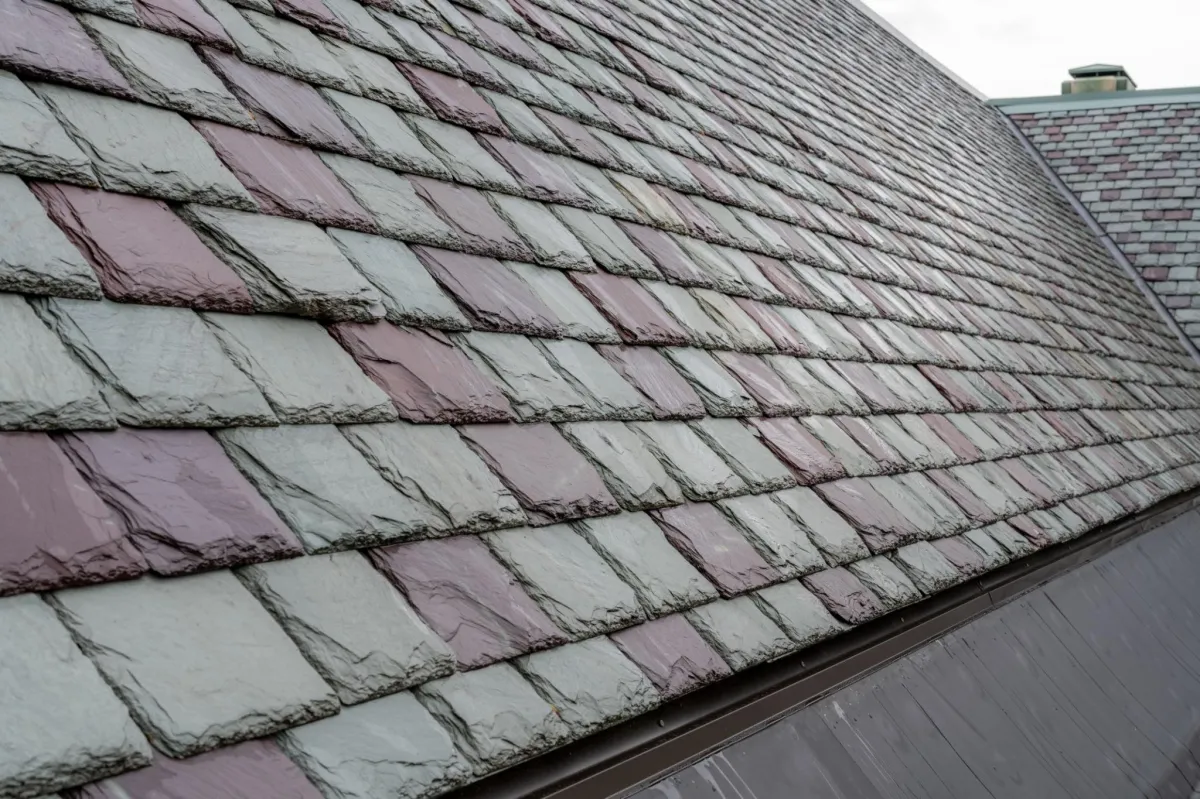
Slate Roofing
Slate is a natural stone material that exudes luxury and elegance. It’s a common choice for historic homes in Virginia.
Strengths:
•Can last 100+ years with proper care.
•Incredibly durable and weather-resistant.
•Adds a timeless look to your home.
Weaknesses:
•Very heavy, requiring extra structural support.
•Expensive to install and repair.
Best For: High-end homes or historic properties.
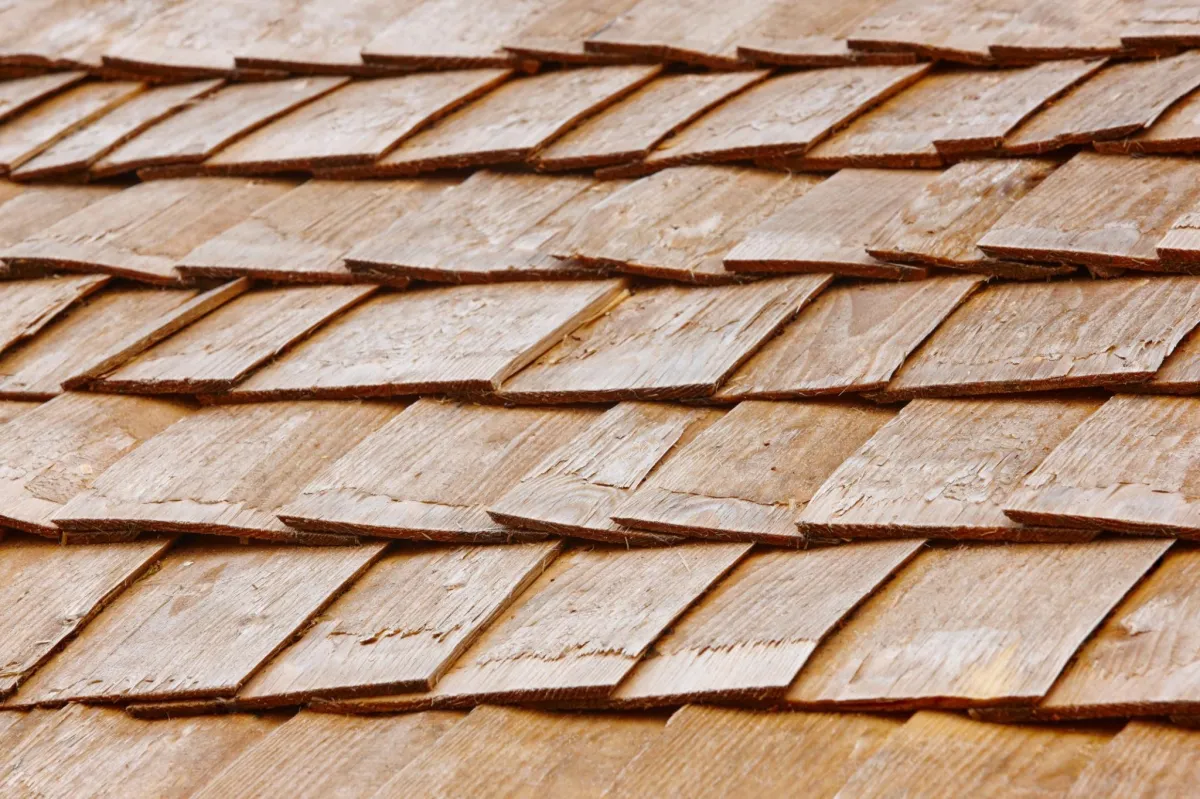
Wood Shingles and Shakes
Wood shingles and shakes provide a natural, rustic charm, making them a favorite for cottage-style homes.
Strengths:
•Beautiful, natural aesthetic.
•Can last up to 30 years with proper care.
•Eco-friendly and biodegradable.
Weaknesses:
•Susceptible to fire, rot, and insects if not treated.
•Requires more maintenance than other materials.
Best For: Homeowners prioritizing aesthetics and willing to invest in maintenance.
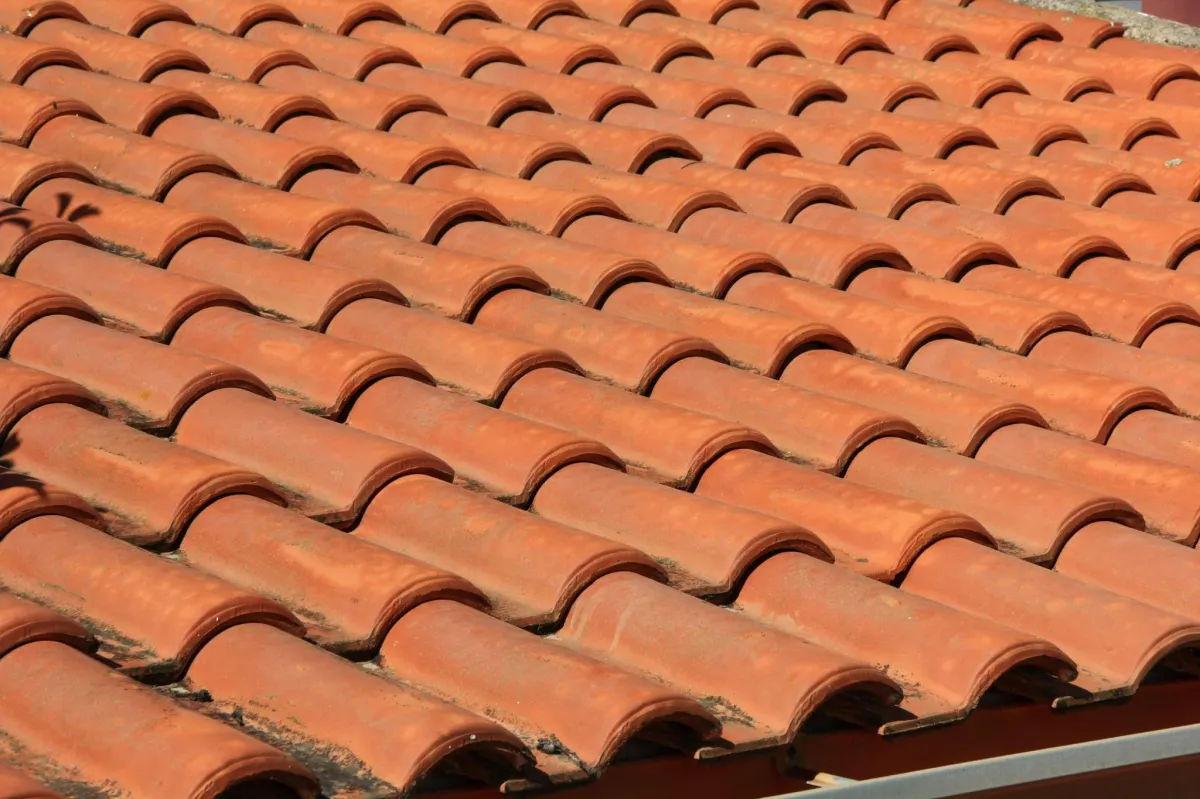
Clay or Concrete Tiles
These tiles are a staple in Mediterranean-style and Southwestern-style homes, but they’re also a good fit for Virginia homes with a bold design.
Strengths:
•Long lifespan (50–100 years).
•Fire-resistant and weatherproof.
•Available in a range of styles and colors.
Weaknesses:
•Heavy, requiring additional structural support.
•Expensive and time-consuming to install.
Best For: Unique, statement-making homes with the right structural setup.
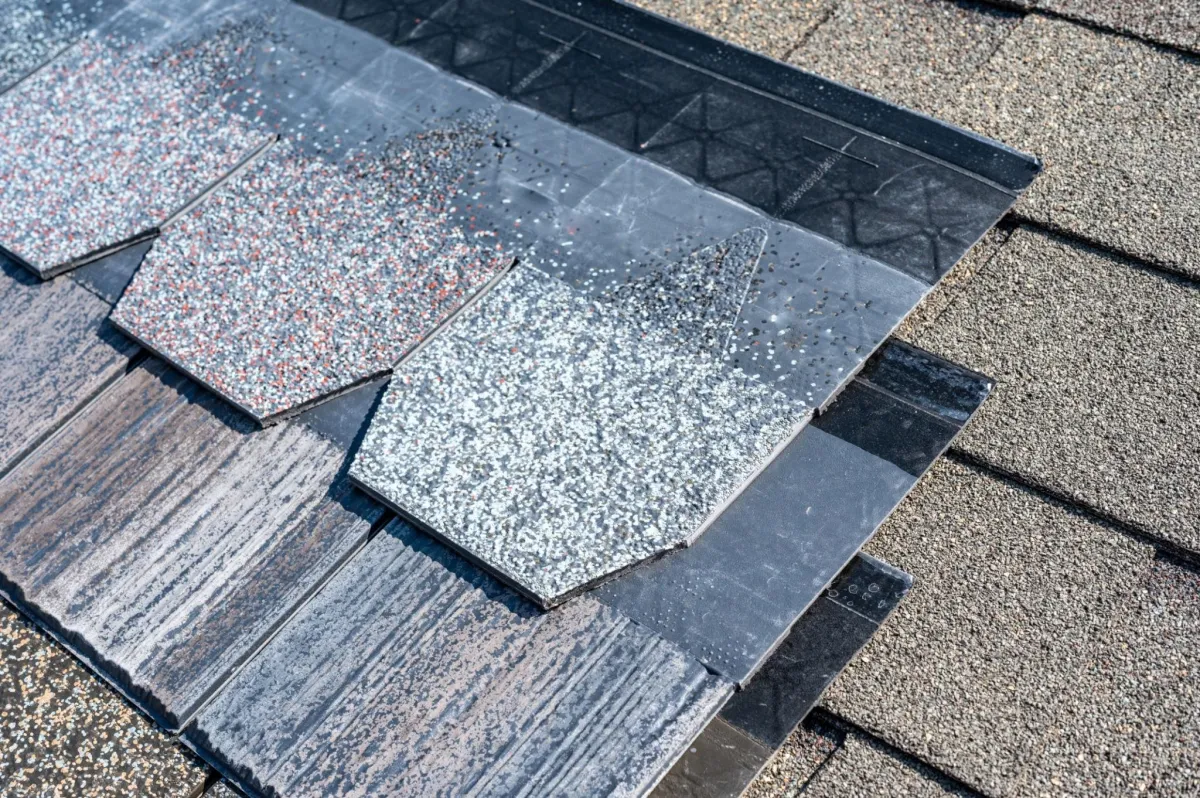
Synthetic Roofing Materials
Synthetic materials mimic the look of slate, wood, or tile but come with lower costs and added durability.
Strengths:
•Lightweight and easy to install.Lower cost than natural materials.
•Good durability (30–50 years).
Weaknesses:
•Can lack the authentic look of natural materials.
•Limited eco-friendliness, depending on the material.
Best For: Budget-conscious homeowners who want the look of premium materials.
Value Comparison: What’s Best for Your Budget?

FAQ
1. How do I know if my roof needs replacing?
Look for missing shingles, leaks, or sagging areas. If your roof is over 20 years old, it’s worth scheduling an inspection.
2. Can I install a metal roof over my old roof?
Yes, in many cases, metal roofing can be installed over an existing roof. However, consult a professional to ensure proper installation and weight distribution.
3. What is the most energy-efficient roofing material?
Metal roofs are highly energy-efficient because they reflect heat, reducing cooling costs in the summer.
4. How do I maintain my roof?
Clean your gutters regularly, remove debris, and inspect your roof for damage after storms. Schedule professional inspections every few years.
More Articles From TAS Design

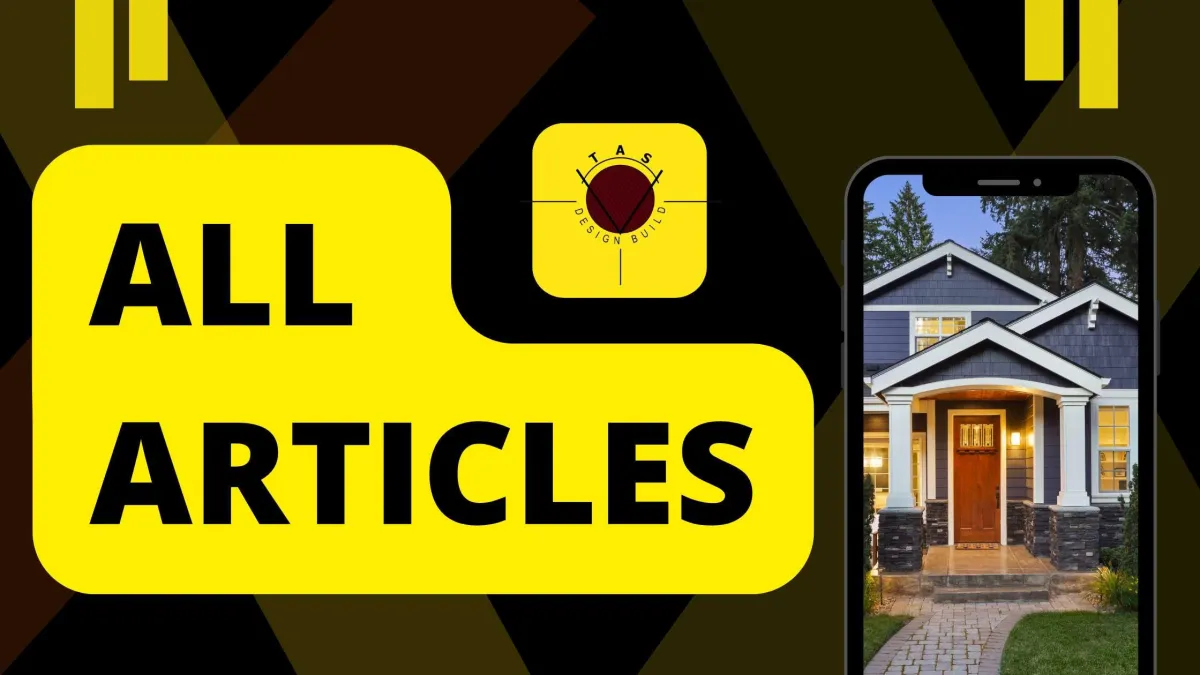
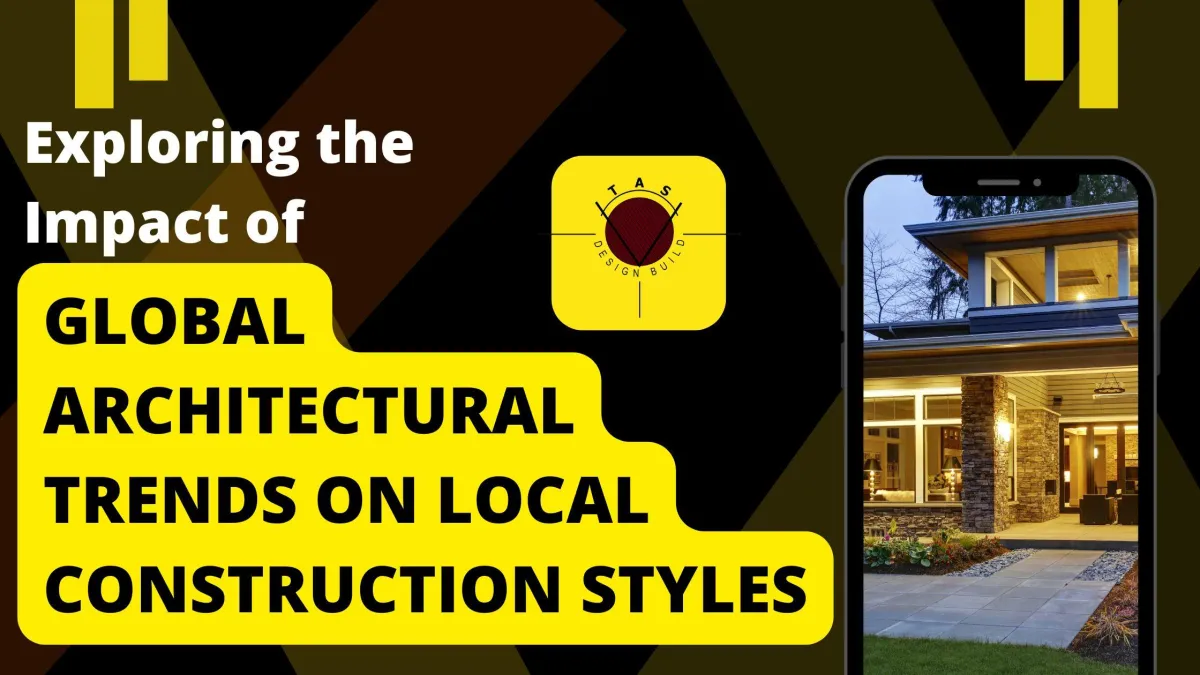
Contact Us
Office Hours
Social Media
Mon- Fri 8 am - 5 pm
Sat, Sun- Closed except by appointment



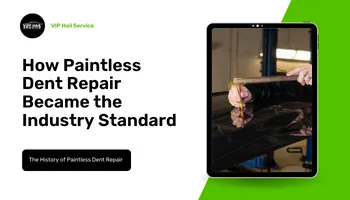

Contact Us
1 540-302-2593
2507 Bluff Road
Roanoke VA 24014
Office Hours
Mon- Fri 8 am - 5 pm
Sat, Sun- Closed except by appointment

